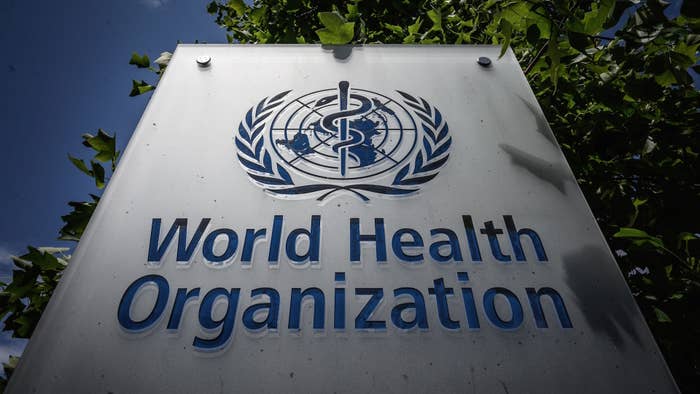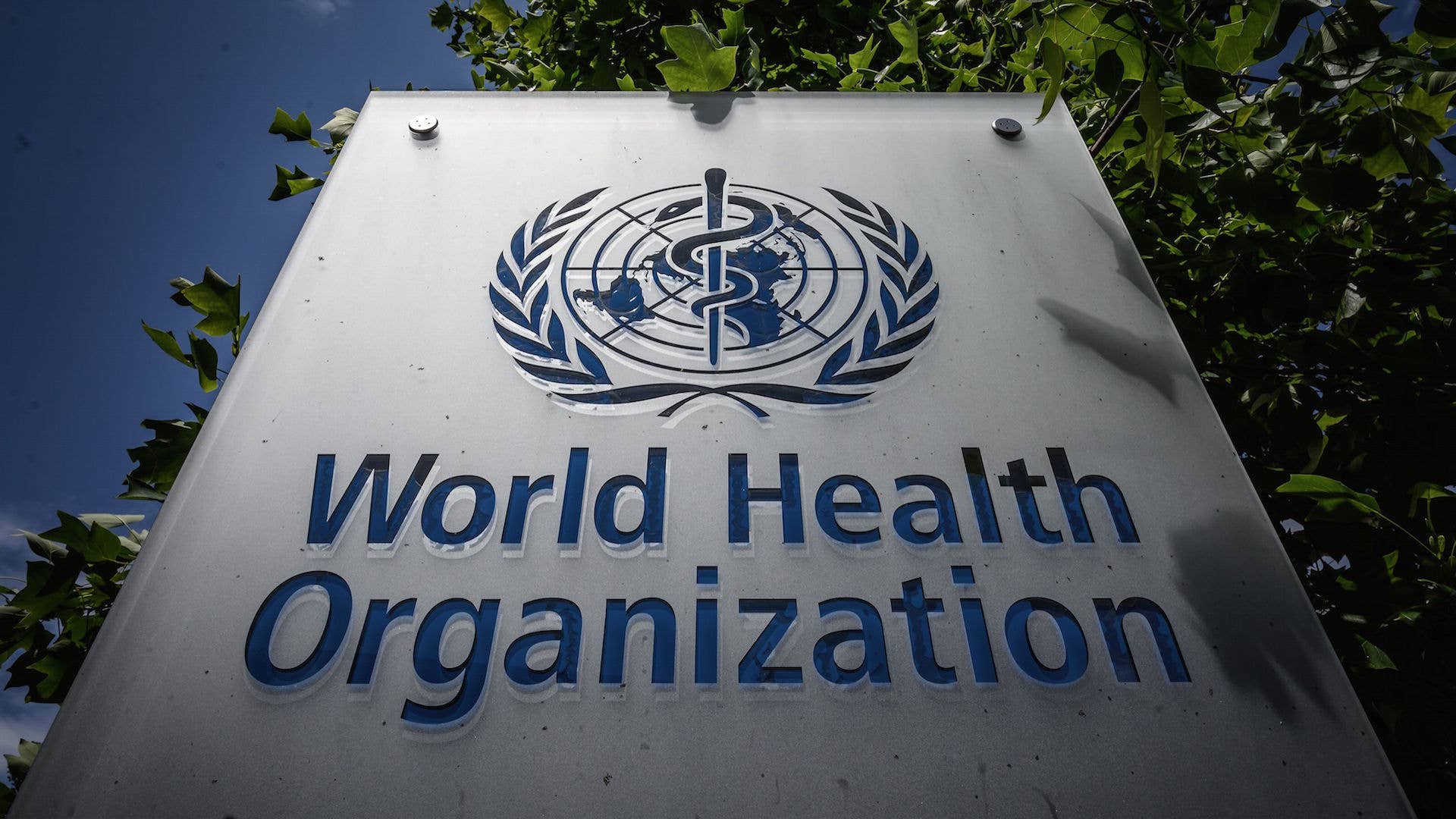
Over 200 experts from more than 30 countries have signed an open letter in an attempt to get the World Health Organization to recognize evidence that proves the coronavirus is an airborne illness.
According to the New York Times, the WHO has maintained that COVID-19 is spread through large respiratory droplets that are expelled from a sick person through coughs and sneezes. Once these droplets leave the carrier, WHO believes that they quickly fall to the ground. But, there is strong evidence that proves the virus stays in the air for longer than believed. As a result, 239 scientists from 32 different countries are putting pressure on the WHO to update their regulations regarding the illness.
Recognizing the coronavirus as an airborne illness will bring in major changes in how people are supposed to protect themselves. Social distancing will have to reach another level with masks being required even if you're indoors. Also, health professionals or anyone coming in close contact with the virus will have to wear N95 masks with a filter to catch small respiratory droplets. Additionally, ventilation systems in schools, nursing homes, residences, and businesses may have to limit recirculating air as well as get stronger filters.
Yet, WHO believes that these precautions would be unnecessary. The organization's technical lead on infection control, Dr. Benedetta Allegranzi, explains that it has reviewed the findings and doesn't believe the virus is airborne.
"Especially in the last couple of months, we have been stating several times that we consider airborne transmission as possible but certainly not supported by solid or even clear evidence," she said. "There is a strong debate on this."
As a result, the organization continues to promote the regulations it established at the beginning of the pandemic, which involves a heavy emphasis on handwashing and avoiding surfaces that may be contaminated.

